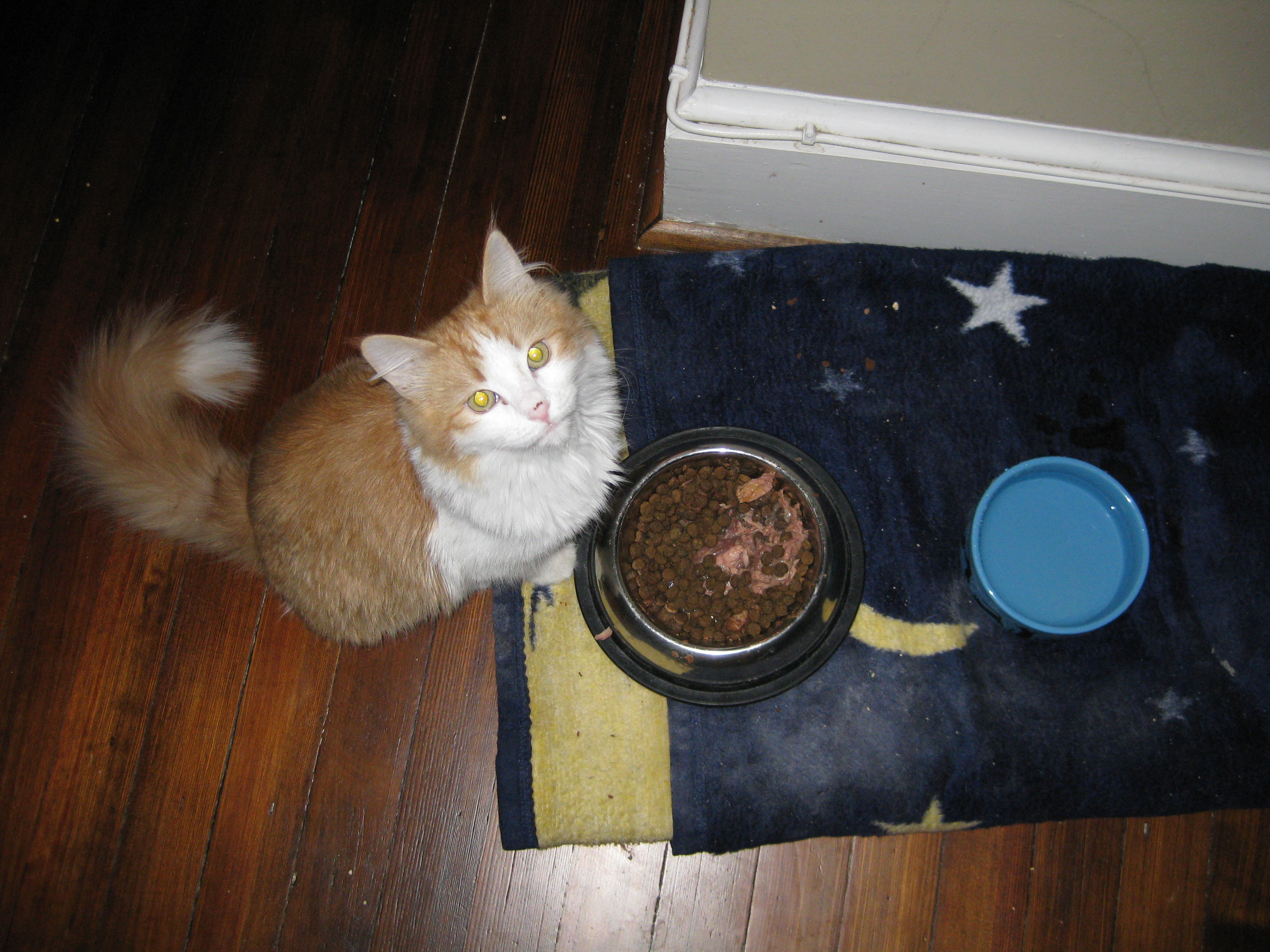NOTE: I’ll be signing copies of Mirrored Heavens at the Bantam Spectra booth at ComicCon NYC tomorrow.
I had a conversation earlier this week with the inimitable Shaun Farrell over at Adventures in Sci-fi Publishing. Check out the podcast, in which I rant on about space elevators, Autumn Rain as Al-Qaeda, the weaponization of space and cyberspace, and various other fun topics.
Towards the end of the conversation, we talked about how breaking into publishing. Shaun said a lot of his listeners have more than a passing interest in the subject; I mentioned an essay I wrote last year for Bantam Spectra’s Facebook page, and promised I’d reprint it here when he released the interview. So, without further ado, here’s the REAL story. . . .
HOW TO GET THAT #$# NOVEL PUBLISHED
Though a title like that kinda intimidates me. Yikes. And in truth I’m a little bit hesitant to offer up advice here, because I’m just one guy, and relatively new at this. More seasoned authors undoubtedly have a lot more to say.
Except a lot of them don’t.
Thanks to a nifty little paradox that is routinely ignored by some of the very folks to whom it applies the most. That paradox being: the more seasoned an author you are, the further you are from the realities of breaking into publishing in the market today. And, I might add, the further away you are from the dilemma of the Unpublished Newbie.
Something that I discovered pretty quickly as I started to research the market in 2006. My first novel was done, and I was scoping things out. And buying books on how to land publishing deals . . books that featured sample query-letters like “Dear Agent: Having already written two best-sellers . . . blahblahblah”, or that included sentences like “my work has been featured in [Prestigious Magazine], and I won [Prestigious Award].”
And you can see the problem. What I’m saying is that a LOT of the advice you’ll see out there falls under the general umbrella of Bell the Cat Strategies:
http://www.bartleby.com/17/1/67.html
I.e., strategies that are great ways to solve problems that are already largely solved. (Because if you really could bell the cat, you wouldn’t need to worry about the goddamn thing in the first place. And if you really DID have a best-selling book . . . you get the point.)
So here’s my advice. For what it’s worth. From the perspective of the Utter Newbie:
#1: Unless you know somebody at a major publisher, go for the agents. You’ll hear a lot about how you can’t get a publisher without an agent, and you can’t get an agent without a publisher. You’ll also see stats that say half of writers got their deals through publishers directly. But here’s the thing: virtually all of those writers knew someone, or had short story credentials that got them introduced to someone (see below). Though there are exceptions to everything in life, you generally have to know someone to get a major publisher to seriously consider your material without an agent. (Unless you win the slush-pile lottery at one of the few publishers that still takes unsolicited submissions.) But you DON’T have to know an agent . . . to get to know an agent.
#2: If you DO know someone, then make the most of it. Because realistically, this is how a disproportionate # of folks get in. (Be prepared to push that six-degrees-of-separation a degree or two out of your comfort zone too.) And if you don’t know anybody, then start going to cons. Try not to make the first thing you talk about your unpublished novel. But hey, you’re a fan right? So you’ve got a right to be there, and you’ve got something to talk about.
#3: For the love of God, find a way to bypass the #$# query-letter stage: Query-letters are the meatgrinder of the process. The really senior agents are getting tens of thousands of query-letters a year. And they’ve got an intern or their high-school son reading them. I’m not saying you can’t run the gauntlet. I’m just saying don’t let it stop you in your tracks. I queried two-thirds of the market. Want to know how many agents requested to see my manuscript material? One. Want to know how many agents requested my material off of my query-letters?
Zero. Which brings me to . . .
#4: For the love of God, find a way to meet the agents: I met Jenny Rappaport, my (awesome) agent, at the WorldCon in 2006 in Los Angeles, following a panel. They say no one in their right mind goes to WorldCon to meet agents/editors (World Fantasy is, in truth, far better), but sometimes not knowing the rules works to your advantage. And the first question out of my mouth was NOT “hey, Jenny, nicetameetcha, would you be interested in taking a look at my awesome book?”
#5: When you meet the agents, don’t #$# up: Because asking her that would have been bad manners (like asking someone for a date when you’ve known them for five seconds). First she and I talked a little about the panel, and we also talked about how my experience in the video-game industry ought to be positioned in my search for representation (i.e., I was politely asking her for advice). Only then did I switch to my pitch. I kept it to a single sentence, and Jenny said, sure, sounds intriguing, send me a partial (i.e., first 50 pages of the manuscript). Query letter=bypassed.
#6: There are all sorts of ways to meet agents: . . in addition to talking to them after a con panel. The hotel bar, for example—editors tend to lurk there too. : ) The problem, though, is that unless you’re an ace networker, you’re only getting near an editor/agent at a con bar or party if you already know somebody they’re drinking with. And I’m assuming that, as a newbie, you don’t. But many cons have “speed-dating w/agent” events (the cons call them that, this isn’t an extension of the above analogy), and these should be a top priority for you to get in on.
#7: Agents who want to be big are way better than agents who ARE big: Legendary agent Eleanor Wood was also at the con where I met Jenny. I felt sorry for her; she had a crowd of aspiring authors surrounding her/stalking her for virtually the entire time. And she didn’t look very pleased about it either. And I can only guess how many query-letters she receives. I’m not saying she’s not a world-class agent: obviously she is. But that’s the problem. She’s so senior that unless you’ve got publishing credentials already, she’s probably out of your league. Jenny and I were a great match for one another because she wants to get to Eleanor’s level: i.e., she’s hungry, and smart—and she used my MS (and the outlines of the rest of my trilogy) to land her first deal with Bantam Spectra. And it’s tough to argue with a result like that.
#8: Iterate: If you play your cards right, you’ll do better than I did: you’ll have more than one agent who you’ve managed to get a face-to-face connection with. But there’s a lot of agents out there, and the bulk of agents will probably remain unknown to you. So you’ll just have to send them query-letters anyway. And . . . this is yet one more way in which so many of those #$# query-letter advice books are so lame! They basically tell you to write the Perfect Query Letter, and then send it out to all the agents.
Me: Well . . . how do you know it’s a Perfect Query Letter?
The Advice Book: Because it gets agents to say yes.
Me: Right, but . . I haven’t sent it out yet.
Advice Book: Well . . send it out, and find out!
Me: Ok . . . but say all the agents say no?
Advice Book: Well. . then I guess it wasn’t the perfect query letter after all!
See the problem? (It’s such a basic problem it’s a wonder it doesn’t get brought up more often.) I don’t care how well you craft the goddamn letter, the only REAL way to tell if it’s worth anything is to send it out. But you don’t want to blow it all in one go. Meaning you have to adopt (in my humble opinion) a strategy of “cautious iteration.” Write an awesome letter, and then send it out to a FIFTH of the agents. If they all say “yawn”, then chances are it’s NOT as awesome as you thought it was, so . . . iterate! . . . develop a different angle/pitch, and then send a DIFFERENT LETTER out to the next fifth of the market. Is there a chance there’s someone in that second fifth of the market who would have loved the first letter? Sure. No one said this gets you out of rolling some dice. All I’m saying is be careful of putting all your eggs in one basket.
#9: Play the Long Game: Since the query-letter system is broken (and it is), you’d be an crazy to act like it’s not. A lot of people think you only get ONE query per agent per novel. This is a myth: because it essentially asks us to assume that agents have got some Awesome Database that says, whoops, we already received a query-letter from this guy, guess we’ll just have to NOT READ this new query-letter from the same guy. Who of course they remember. . .except they don’t: like I said, they’re swamped just trying to keep up. So take advantage of this fact. But don’t be a jerk or unprofessional about it. Wait several months, then send any agent who declined you at the query-letter stage a NEW query-letter with different content (because you’re iterating per #8, right?), and see what happens. Some people will say you should write in that letter that the book has been revised pursuant to market feedback. That’s absolutely true if the agent has seen manuscript material. But if they haven’t, then why bother: the agent doesn’t remember your book, they don’t remember your pitch, and they sure as hell don’t remember you. To them, you’re a nobody. Take advantage of the one advantage that fact gives you.
#10: Make sure your novel kicks butt: yanno, I probably should have started with this. How about we deal with it in a later post? Sound good? Good. See ya later. More later . . .
The Mirrored Heavens is available in mass-market paperback from Amazon and all fine bookstores (and probably some crappy ones too).





